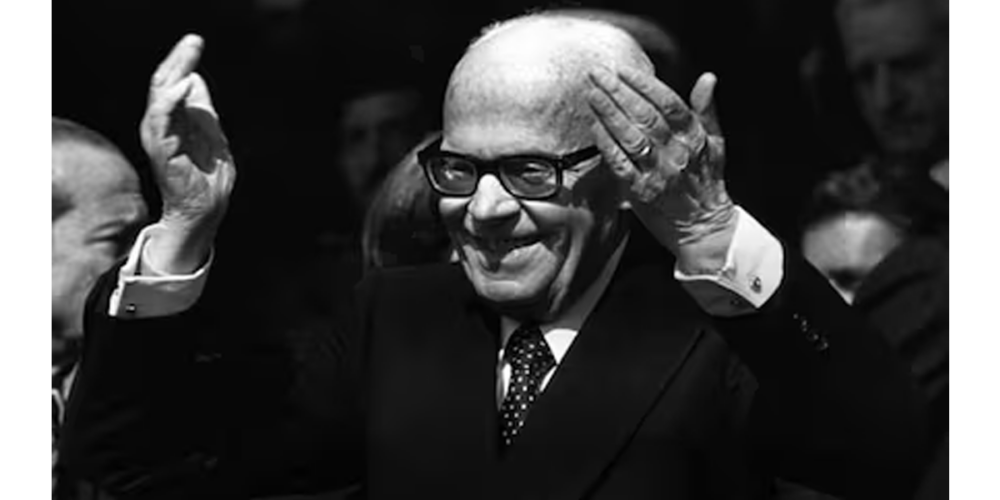In an often mentioned quote from the Italian partisan and later president, Sandro Pertini exclaimed that “sometimes in life it’s necessary to fight, not just without fear, but also without hope.” Today, as we have access to a wide range of media reports on the major crises around the world, and most of us have first-hand experience of the local facets of these crises, it is important to look at what hope and despair are.
As we observe the powerful systems of capitalism, imperialism, and colonialism bring death, destruction, and exploitation on an almost inconceivable scale, we are forced to put our efforts and our own experiences in perspective. That often leads to recognition that we need to do more. Sometimes, for some, it leads into the nihilist brand of despair—that no matter what we do, it is too late and too little. That particular sort of despair deserves separate treatment: in this article we look the brand of desperate reaction that leads to some form of action.
In a 1918 Pravda article, Lenin repeats his commonplace warning: “Again and yet again: of all things the most impermissible is despair.” It’s despair that leads into adventurism, anarchism, and into fascism itself. Despair at inability to affect the large systems of oppression set in motion by the forces of capital is often temporarily quenched by taking individual(ist) action, just so that the energy is put in the right direction. From the perspective of Marxism, and even more from the perspective of Leninist organising of the revolutionary party, this is not a helpful approach. The causes of despair are the multiple, connected facets of capitalism and imperialism: isolated action without political organisation in mind would not be capable of contributing to class consciousness and interconnectedness of the fragmented struggles. While it is often easier to take immediate ad-hoc action, and the instant gratification might just be one of the reasons why, we must be wiser and better organised. Despair is, says Lenin in a 1910 article, typical of those who do not understand the causes of evil, see no way out, and are incapable of struggle. If we, through our analysis, understand why things happen the way they do, we have no justification for despair and for limited adventurism.
There must not be refusal from the revolutionary party to launch local, specific actions as a part of the class struggle—but every such action must be transformed into a clear part of the general struggle. Often such actions are means of organising, testing the structures of a movement, and levels of education and consciousness. Actions are not desperate; they demonstrate discipline, competence, and extend the consciousness of the possible for the working class.
As we denounce despair, we return to the question of hope from Pertini’s quote at the start of the article. He does not denounce the revolutionary vision of the better times, one originating from firm grasp of materialist analysis. The hope that relies on everyone’s (or anyone’s) will to change things, rather than material conditions and organisation, however—that is a hope we must do without. That hope is easily lost as it does not rest in the revolutionary potential of the working class.
None of this means that empathy is not needed, and that an emotional response to devastation, exploitation, loss of life, and loss of dignity is wrong. The good, principled action will not spontaneously emerge from such a response alone—it will come from analysis and a motivated effort in organisation.






